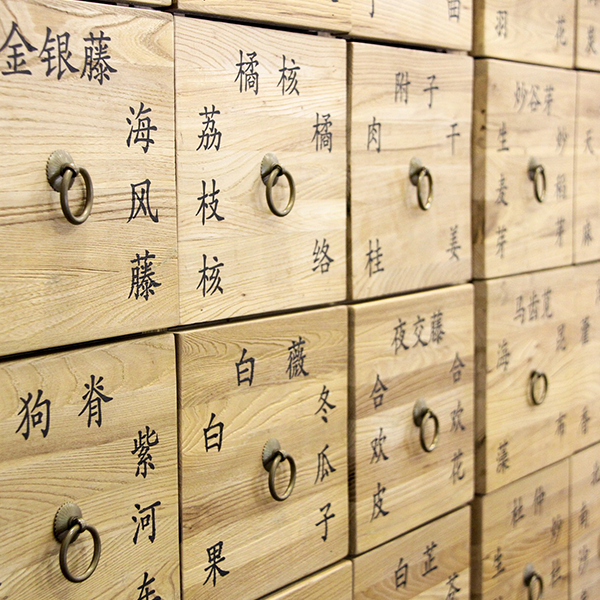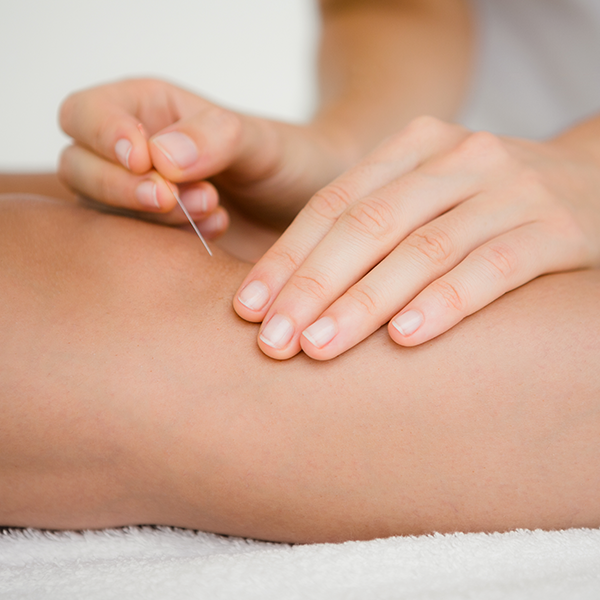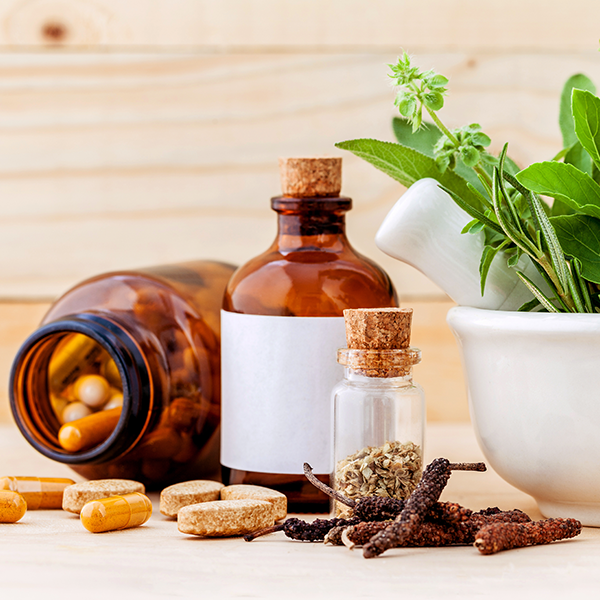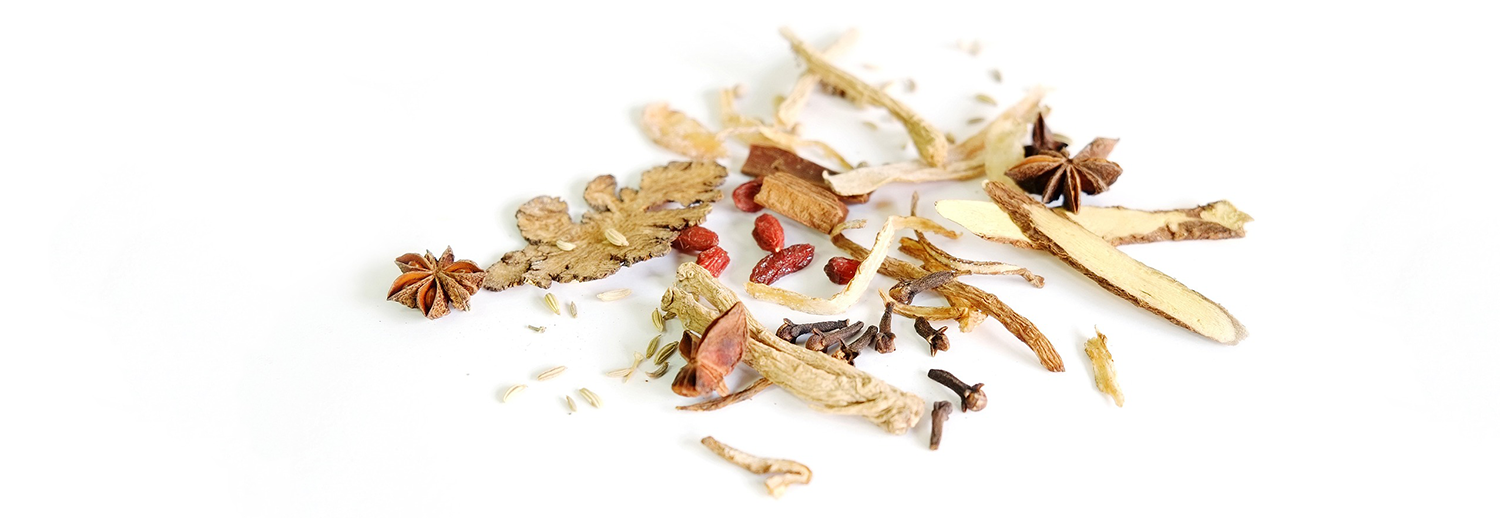Traditional Chinese Medicine



Traditional Chinese medicine (TCM) is an ancient medical system still used by millions of people all over the world. In fact it is the most used form of medicine on the planet.
TCM is practised in many of China’s medical facilities alongside western medicine. Here is Australia around 3 million people visit TCM practitioners each year. Recently it was announced that the Epworth Hospital in Box Hill (Victoria) will soon launch an Eastern medicine floor making it the first hospital in Australia to offer TCM as an outpatient service.
The unique approach of TCM
TCM incorporates Chinese herbs, acupuncture, massage, exercise and dietary advice, cupping, qi gong and tai chi – with the aim to restore the balance between yin and yang elements. Together, yin and yang make up the life essence, or Qi (“chi”) which is the energy that flows through the body via unseen channels called meridians.
Half the organs and meridians are governed by yin and the other half are governed by yang. When yin and yang are out of balance this causes the Qi to become blocked, weak, or excessive, resulting in subsequent illness. Therefore, restoring the balance between yin and yang is considered essential to achieve wellness. Yin and yang imbalances may be caused by stress, emotional upsets, infection, poor diet and lifestyle, or pollution.
What to expect when visiting a TCM practitioner
During a typical appointment, a TCM practitioner would assess your overall health by taking a health history, doing a tongue assessment, pulse assessment, and a physical examination which identifies imbalances or Qi blockages.
If the practitioner identifies an imbalance in one of TCMs organ systems, it doesn't necessarily mean that the person has a physical disease in that organ.
Treatment methods:
- Acupuncture
- Acupressure - finger pressure is applied over acupuncture points and meridians
- Cupping therapy
- Diet and nutrition - foods are thought to have warming/cooling properties and are said to have specific healing properties
- Herbal medicine
- Moxibustion - a practice that involves burning an herb near the skin to warm the area over acupuncture points
- Tuina - a type of bodywork that combines massage and acupressure.
- Exercises such as tai chi and qi gong



